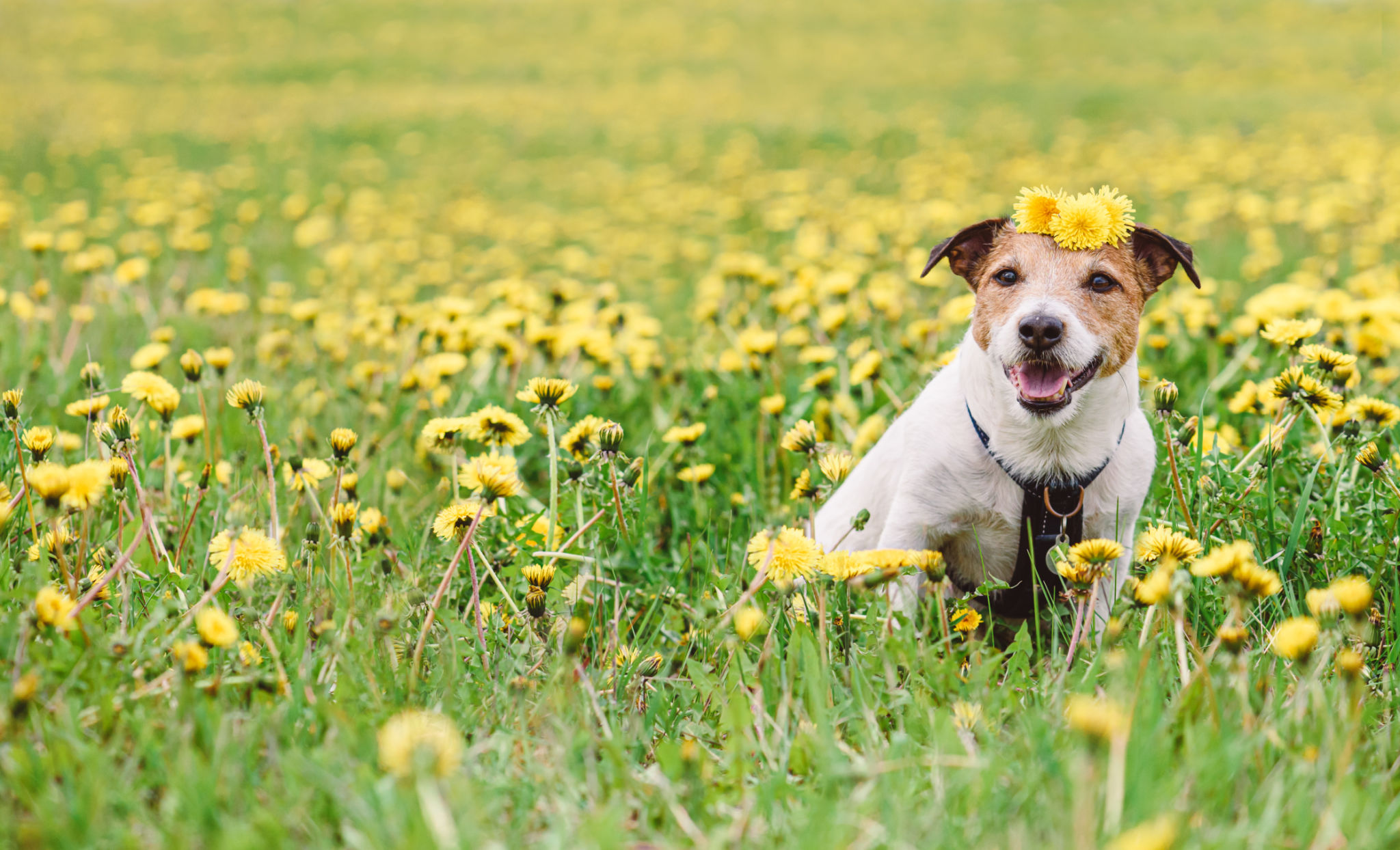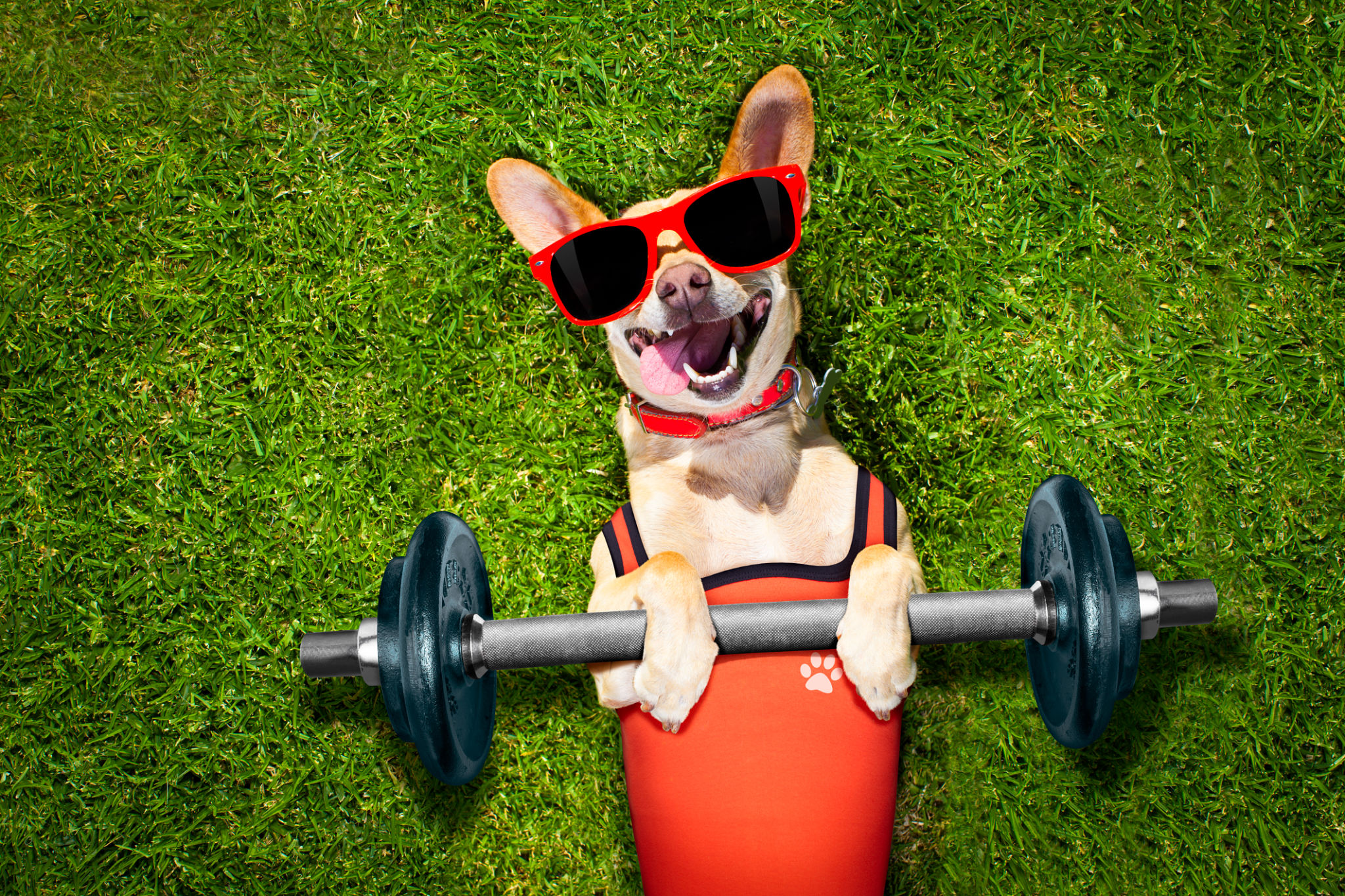Preparing Your Dog for a New Season: A Holistic Approach
LM
Understanding Seasonal Changes and Their Impact on Dogs
As the seasons change, so do the needs of our furry companions. Just like humans, dogs are sensitive to shifts in temperature, daylight, and environmental conditions. Preparing your dog for a new season involves more than just a wardrobe change; it requires a holistic approach to ensure their physical and emotional well-being.

Adjusting Diet and Nutrition
One of the primary considerations during seasonal transitions is your dog's diet. Nutritional needs can vary with the changing weather. In colder months, dogs might require more calories to maintain energy levels and body heat. Conversely, during warmer seasons, a lighter diet can help prevent overheating. Consult with your veterinarian to tailor a diet that suits your dog's specific needs.
Incorporating seasonal fruits and vegetables can offer nutritional benefits. For example, pumpkins and sweet potatoes are excellent for fall, while berries can be a refreshing treat in summer. Always ensure any new food is safe for your pet.
Maintaining a Grooming Routine
Grooming is crucial as it helps maintain your dog's coat and skin health through different seasons. Regular brushing can help manage shedding, particularly during spring and autumn when dogs tend to shed more.

If you're preparing for winter, consider trimming your dog's fur to prevent matting caused by wet conditions. However, avoid cutting it too short, as their coat provides essential warmth. In summer, frequent baths can help keep your dog cool and comfortable.
Exercise and Outdoor Activities
Exercise routines may need adjustments based on the season. During winter, shorter yet frequent walks might be necessary to avoid prolonged exposure to the cold. In contrast, summer activities could include early morning or late evening walks to prevent overheating.
- Consider indoor activities during extreme weather conditions.
- Engage in mentally stimulating games to keep your dog active.
- Ensure your dog stays hydrated after play sessions.

Providing Comfort and Safety at Home
Your home environment plays a significant role in your dog's comfort during seasonal changes. In winter, ensure they have a cozy bed away from drafts. Heated mats or blankets can provide additional warmth for older dogs or those with thin coats.
During summer, provide plenty of ventilation and access to shaded areas. Cooling mats and fans can help regulate their body temperature. Always ensure fresh water is available to keep them hydrated.
Monitoring Health and Behavior
Seasonal changes can impact your dog's health and behavior. Be vigilant for signs of discomfort such as excessive panting, lethargy, or changes in appetite. These could indicate an underlying issue that needs medical attention.
- Schedule regular check-ups with your vet to monitor health changes.
- Keep an eye on behavioral shifts that may indicate stress or anxiety.
- Consider supplements that support immune health during transitional periods.
By adopting a holistic approach, you can ensure that your furry friend transitions smoothly into each new season, staying happy and healthy all year round.
